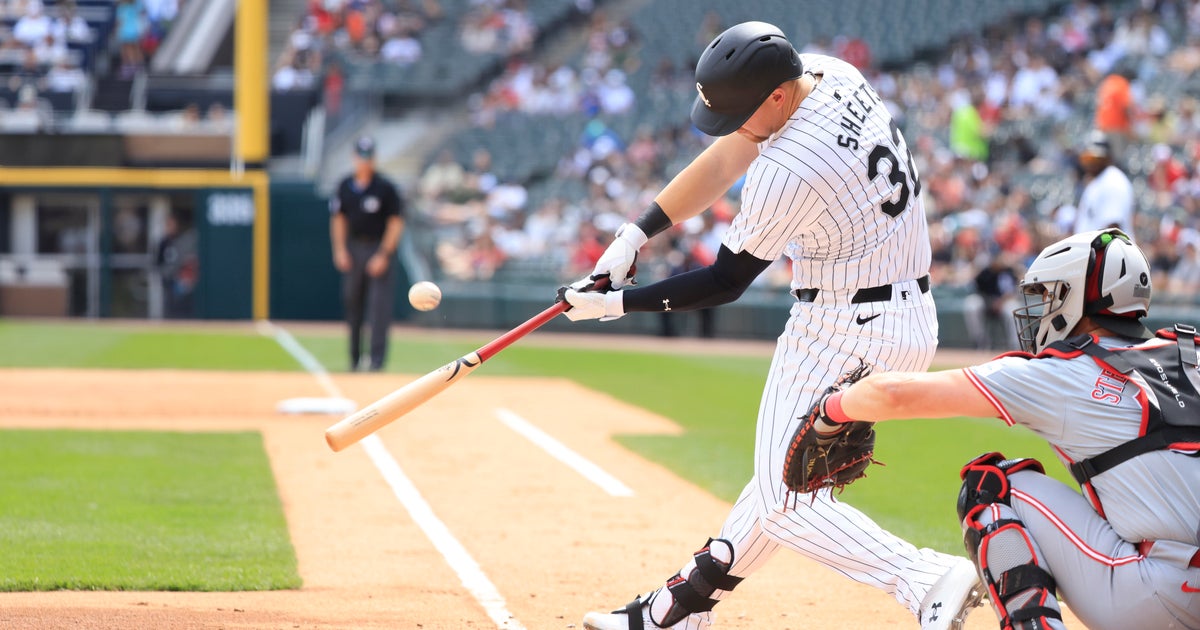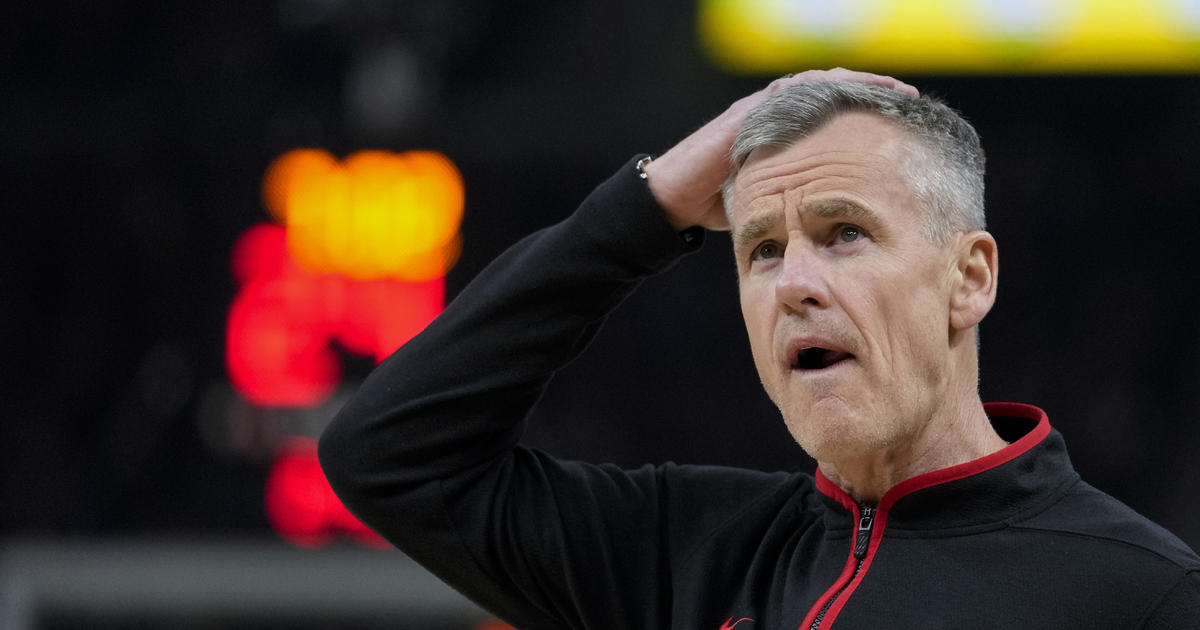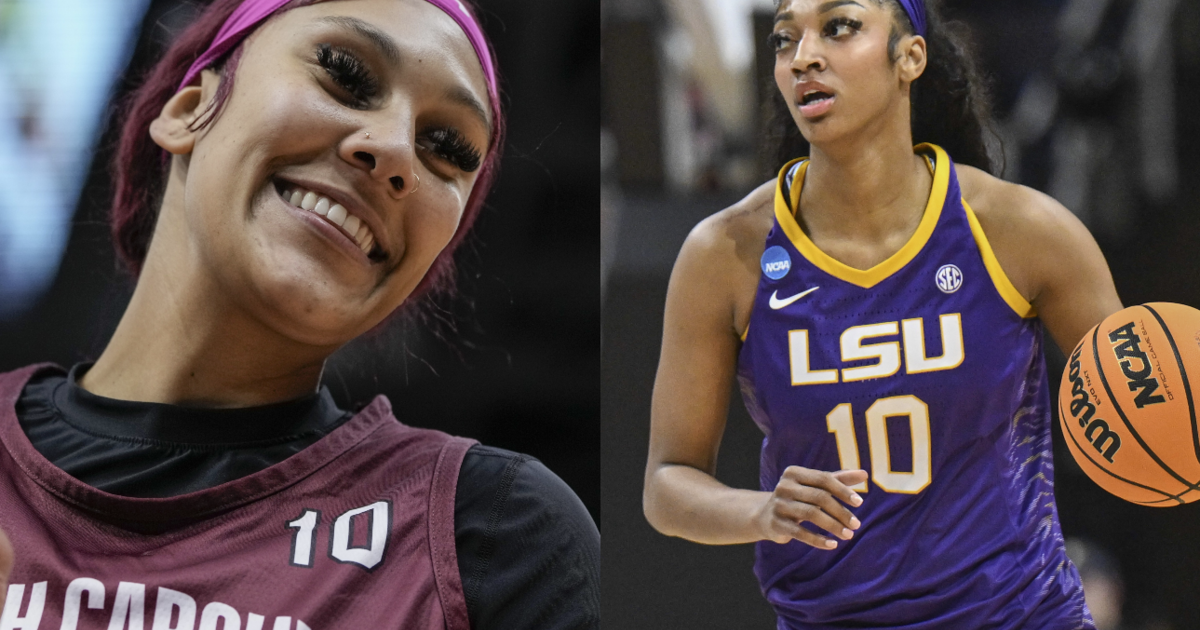Blog: Play It Again, Bud
By: Eldon L. Ham, The Score Legal Expert
With Roy Halladay's historic perfect game in the record books, the 2010 baseball playoffs immediately reverted to last year's form: blown umpire calls and manager ejections.
This has been going on all season. A recent Google search of "major league umpire blown calls" yielded 52,900 entries, some recounting how veteran umpire Jim Joyce scraped a rusty key-job across pitcher Armando Galarraga's 28-out, perfect no-no-no" masterpiece on June 3, 2010, then said "woops." Legions of talking heads rightfully applauded Joyce's stand-up integrity. But if both accountability and fairness mean anything, shouldn't baseball have let Joyce off the hook by reinstating what he missed? Yet the current system makes fools of perfectly good umpires who are relentlessly excoriated in the news, undermining them and the game.
Still, baseball keeps trumpeting the same proverbial mantra: "the umpires get the calls right 90% of the time." But since 90% of the calls are no-brainers anyway, what does this say about the current system? Three monkeys could be trained to get those same 90% right. Add the use of replay and the remaining 10% could be corrected to achieve a 90% success rate on those, too. Ergo, three monkeys plus any decent Little Leaguer with a replay machine could get 99% of all the calls right. Add computerized tracking, and they could even call balls and strikes. Are we missing something here? No, but baseball is—and that's the point.
Maybe baseball has not noticed, but the game has a blatant credibility problem. After all, baseball still pretends it is not a business (see "baseball antitrust exemption"), embraces the records of Pete Rose but pretends Rose himself did not exist (see gaping vacancy in the Hall of Fame), and displays Roger Maris' 1961 jersey and record-setting bat in the Hall of Fame while shunning Maris himself, who wore the jersey, used the bat, and changed baseball history. And there is also that little inconvenient truth called the great steroid era, a see-no-evil decade that desecrated the game at the expense of credibility and fairness, diluting yesterday's stars like Hank Aaron, Roger Maris, and Willie Mays, plus the recently retired and squeaky-clean Ken Griffey, Jr., and Frank Thomas. Under all those circumstances, baseball should not only have restored Galarraga's legitimate perfect no-no, it should perennially embrace replay technology for the playoffs, if not all year. Instead, the game perpetuates a self-indulgent fiction at the expense of truth and legitimacy.
The Galarraga game was functionally over about a half-second before the 27th out made it to first, but instead of fixing this injustice, the commissioner chose to perpetuate it. On July 24, 1983, Kansas City slugger George Brett nearly exploded after his crucial home run against the vaunted Yankees was jerked off the scoreboard by umpire Tim McClelland because of "too much pine tar" on the bat. When the Royals protested, American League president Lee MacPhail overruled the umpire, reinstated the home run, and ordered the rest of the game replayed, which Kansas City won 24 days later. In Galarraga's case, nothing else needs to happen at all—the game was already over when the next batter stepped up. Reverse the call, and it's done.
When NBA officials check the video replay to verify a 3-point shot or an out of bounds call, they are applauded for getting it right. Umpires often huddle over lesser issues than perfect games, so why not allow them a glimpse at replay? No need for time-consuming appeals or red flags onto the diamond—just let the umpires use common sense by deciding themselves when to take an extra look. Yes, baseball is a game of sentimental imperfections, but baseball should remain a game of inches and not one of intractable umpires flailing in the dark. Wouldn't most, like Mr. Joyce, prefer to get it right?
Take it from philosopher Ralph Waldo Emerson: "A foolish consistency is the hobgoblin of little minds." Baseball should now move forward with replay because it is foolish not to—technology driven by HD clarity, multiple cameras, slow motion, and fast turn-around allow the game to embrace truth, not run from it.
The 2007 Rockies had a spectacular September run made possible by the ebb and flow of a long campaign. How would it have honored baseball posterity if that record string had been torched by a subsequent blown call in the playoffs? Ask the 2007 Padres, who really did suffer from an apparent missed call during their own play-in game against those same Rockies. "Most ball games are lost, not won," said Casey Stengel. He may have been right, but those losses should be left to the players and managers, not the umpires. There are myriad examples, like the missed calls that riddled the 1999 Red Sox-Yankees ALCS, where two other umpires (Rick Reed and Tim Tschida) admitted mistakes, or when umpire Don Denkinger called Jorge Orta safe at first, a crucial blown call in the ninth inning of World Series Game 6 in 1985.
Baseball purists resist change, but they also overlook a century of baseball innovation. Racism, spit balls, and a higher pitching mound have all been allowed at various times—yet mindless tradition would require baseball to remain a white man's game, would it not? Today we have a chance to get both the calls and history right, so why not do so? Commissioner Bud Selig should start now: give back the legitimate perfect game, not just for Galarraga, but for posterity, then expand the replay option, not as a cumbersome appeal process, but as a legitimate umpiring tool, especially in the post-season. This would help the umpires, not hinder them. And the baseball would be the winner.
We Americans take our justice seriously. We expect at least as much for—and from—America's game. And it would help the credibility of baseball, a see-no-evil multi-billion dollar game that missed the great steroid era—and still pretends it is not a business.
---
Eldon L. Ham has taught Sports, Law & Society at Chicago-Kent College of Law for 17 years. He has published three sports related books including Larceny & Old Leather: the mischievous legacy of major league baseball; is the designated sports law analyst for WSCR Sports Radio in Chicago; and is the 3-term chair of the Chicago Bar Committee on Law & Literature. He has been nationally quoted in such venues as the New York Times, USA Today, Business Week, ESPN.com, Chicago Sun-Times, Washington Post, and many others. He has been featured in The National Law Journal and frequently appears in the electronic media on sports related topics. His articles have been published by Harvard University, Street & Smith Sports Business Journal, Chicago Tribune, Baltimore Sun, Trial Magazine, Seton Hall Sports Law Journal, Marquette Sports Law Review, and others. Mr. Ham has practiced law in Chicago since 1976, and has represented scores of athletes, agents, and sports entrepreneurs. For more background, please visit www.eldonham.com.



